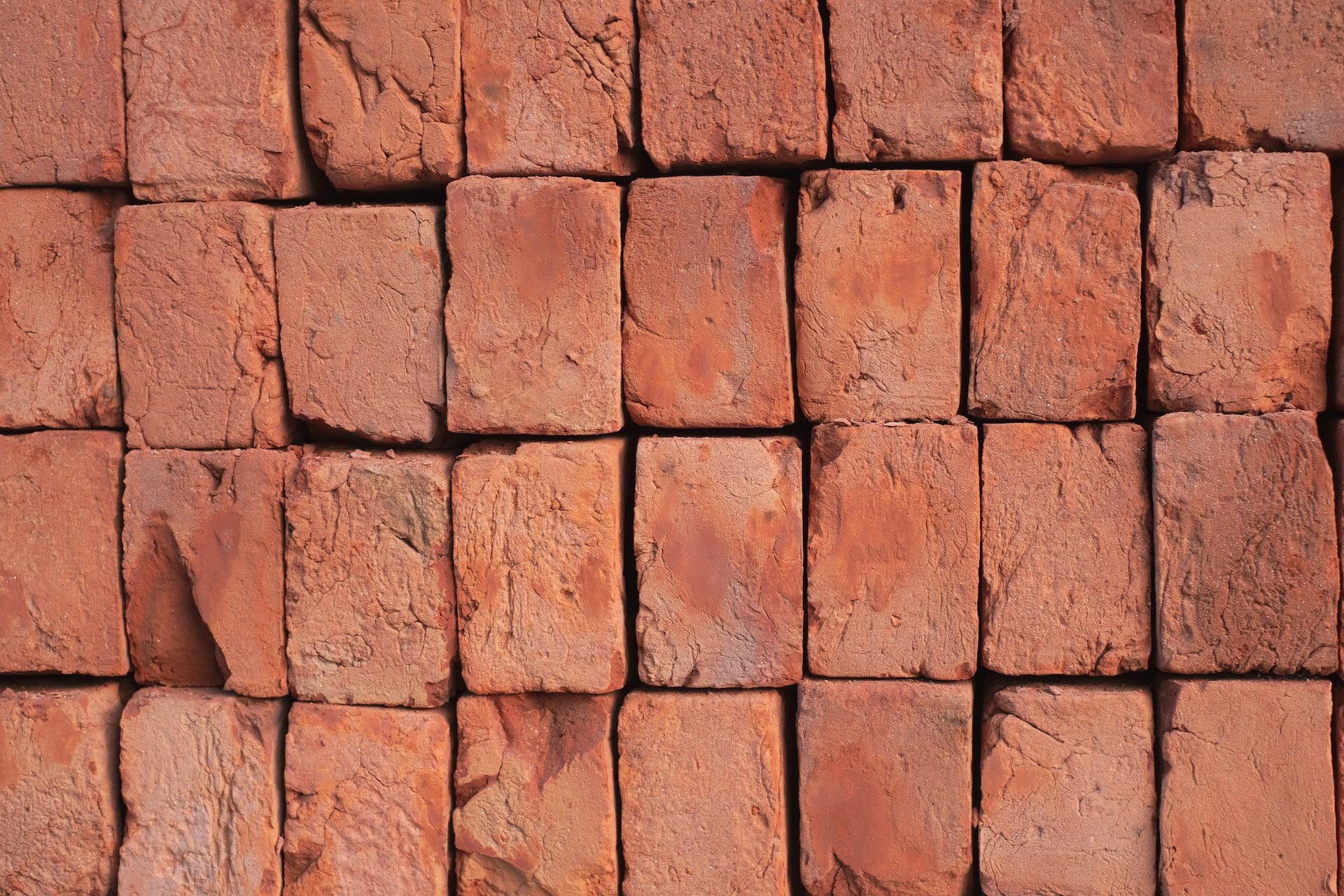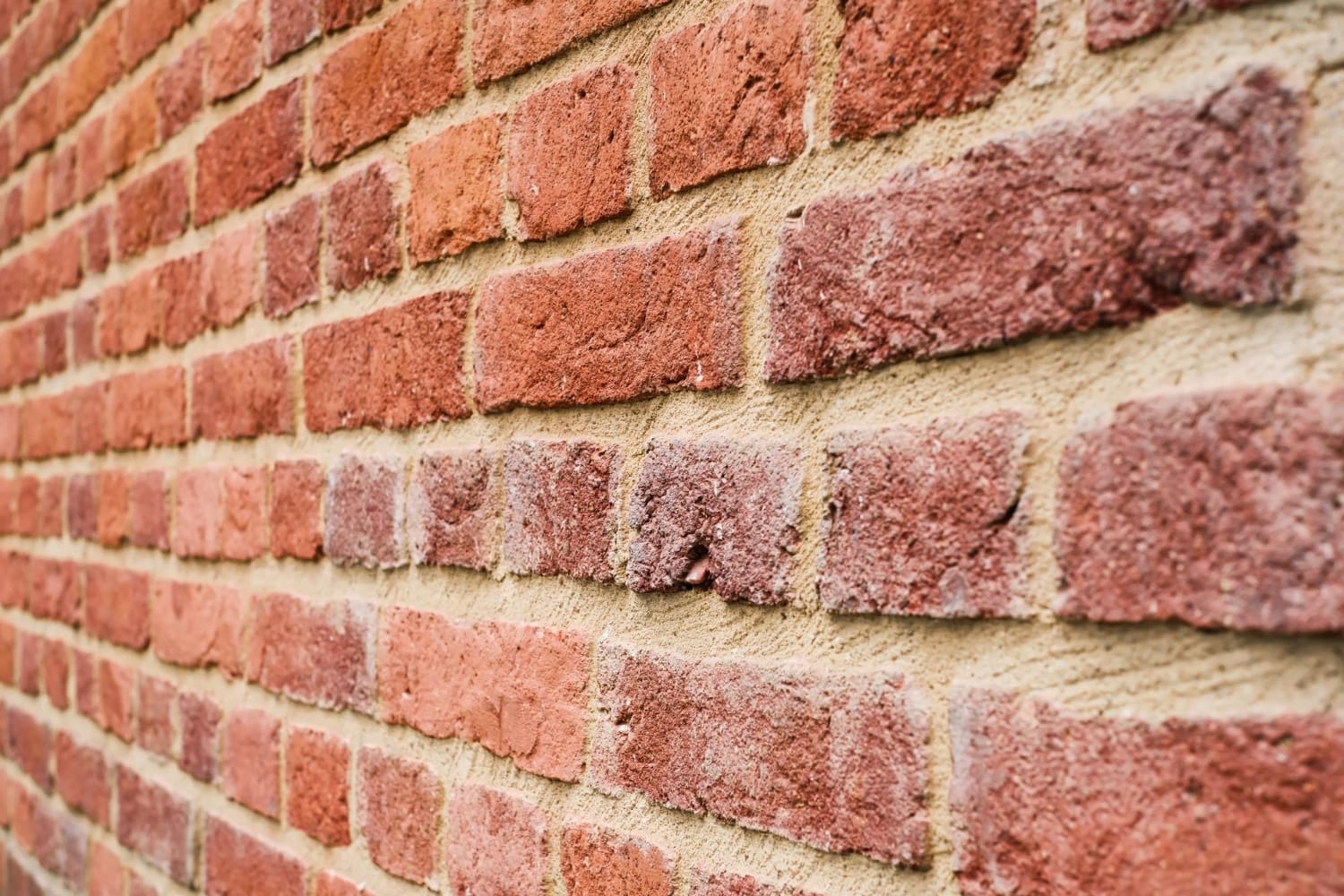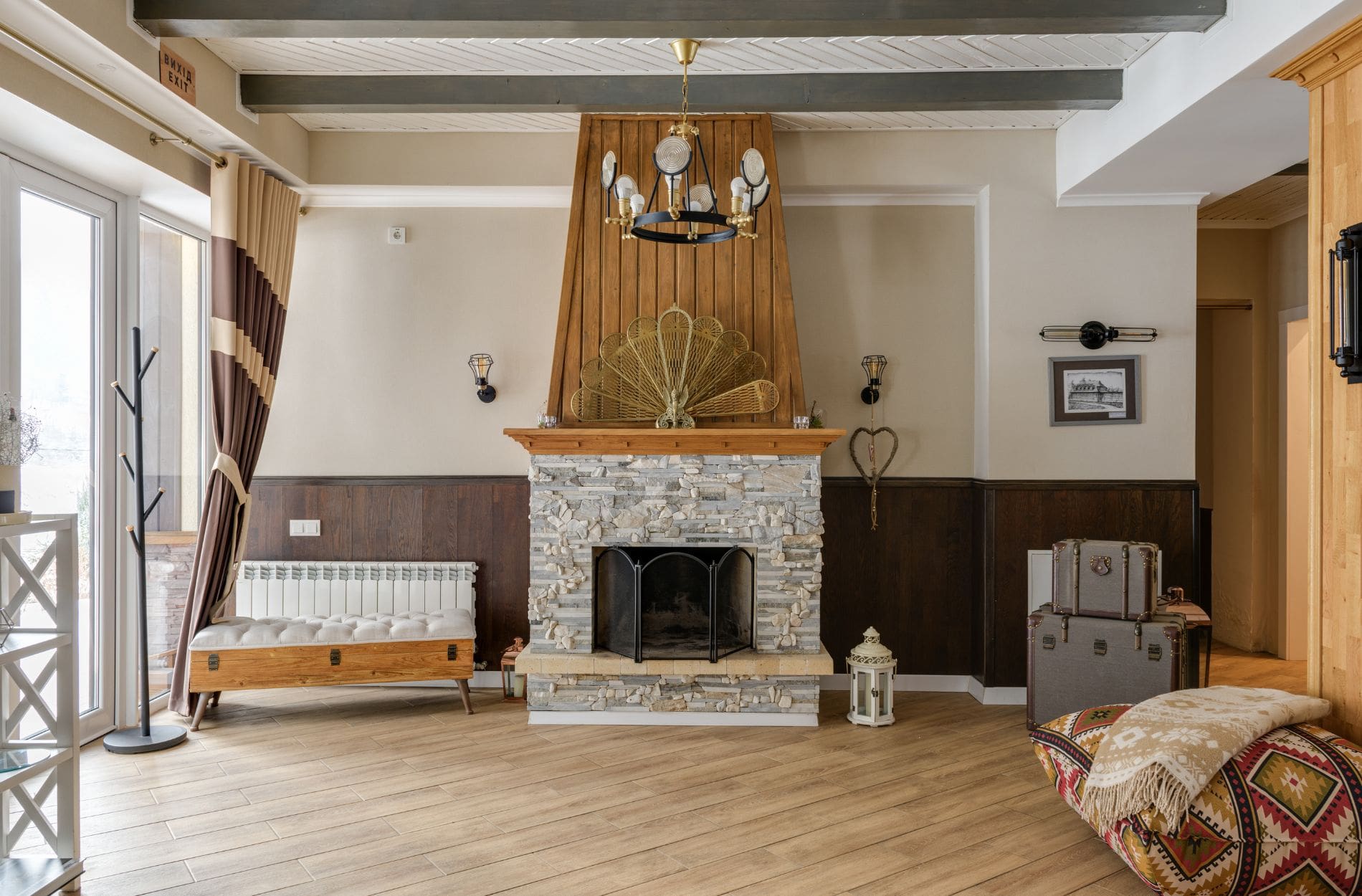The Key Differences Between Clay and Concrete Bricks in Residential Masonry

Choosing the right material for your residential masonry project is a crucial decision that impacts both the appearance and performance of the finished structure. Two popular materials for homeowners to consider are clay and concrete bricks. While both materials have unique benefits and challenges, understanding the key differences between them will help you make an informed decision tailored to your specific needs.
In this article, we will delve into the composition, properties, and advantages of both clay and concrete bricks, as well as the factors to consider when selecting the ideal material for your residential masonry project.
Detroit Brick Co. is here to provide valuable insights that empower you to choose the best materials for your home’s exterior, ensuring that your investment stands the test of time, and yields lasting beauty and durability.
Composition: Understanding the Building Blocks of Clay and Concrete Bricks
Before diving into their differences, it’s essential to understand the composition of clay and concrete bricks. These materials are fundamentally distinct, which significantly influences their properties and performance.
- Clay bricks: As their name indicates, clay bricks are made from natural clay that has been molded, dried, and fired at high temperatures in a kiln. The type of clay used and the firing temperature can affect the appearance, durability, and strength of the finished brick. A high-quality clay brick offers a rich, natural color and robust structure.
- Concrete bricks: Unlike clay bricks, concrete bricks are made from a mixture of cement, sand, water, and sometimes small aggregates. The blend is poured into molds and then cured to form a solid block. Concrete bricks are available in a wide variety of colors and textures and can be customized with pigments and surface treatments.
Appearance: Aesthetic Variations Between Clay and Concrete Bricks
The look and feel of your masonry project are greatly influenced by the choice of brick material. Here are some of the distinct visual characteristics of clay and concrete bricks:
- Clay bricks: Clay bricks are known for their traditional appearance, with a stunning range of natural hues resulting from the type of clay and the firing process. The colors of clay bricks are more stable and less likely to fade over time, giving your masonry project a timeless look. Additionally, clay bricks often exhibit natural variations in color and texture, contributing to a unique and organic aesthetic.
- Concrete bricks: Concrete bricks offer greater versatility in color and texture. They can be manufactured in various tones and patterns, with the option to replicate the look of natural brick or other materials like stone. However, it’s important to note that concrete bricks may be more prone to color fading and require periodic maintenance to retain their appearance.
Durability: Evaluating the Longevity of Clay and Concrete Bricks
The lifespan and resistance to wear and tear of your masonry project are crucial factors to consider when selecting a brick material. Here’s how clay and concrete bricks measure up in terms of durability:
- Clay bricks: Generally, clay bricks are quite durable and can withstand the test of time. Due to their high-temperature firing process, clay bricks exhibit excellent weather resistance and low-water absorption, which results in fewer issues related to water damage or freeze-thaw cycles. Additionally, some high-quality clay bricks come with a lifetime warranty, ensuring long-lasting performance.
- Concrete bricks: While concrete bricks offer good durability, they can be more susceptible to water damage and freezing cycles. To address this issue, concrete bricks require proper sealing and waterproofing. The quality of concrete bricks varies greatly, and lower-quality bricks can exhibit problems related to water absorption, leading to potential cracking or crumbling over time. It’s essential to select high-quality concrete bricks to ensure the longevity of your masonry project.
Cost: Comparing the Prices of Clay and Concrete Bricks
Budget is a significant consideration for any masonry project, and understanding the cost differences between clay and concrete bricks can affect your final decision:
- Clay bricks: Typically, clay bricks are more expensive than concrete bricks. The additional expenses stem from the higher production costs associated with sourcing, molding, and firing natural clay. However, the overall investment in clay bricks can be justified by their long-lasting durability, timeless appearance, and low-maintenance requirements.
- Concrete bricks: Concrete bricks are usually more affordable than clay bricks, making them a popular choice for budget-conscious homeowners. The lower cost is partly due to the materials used and the simpler manufacturing process. However, it’s vital to consider the potential ongoing maintenance costs and lower durability associated with lower-quality concrete bricks.
Environmental Impact: Assessing the Sustainability of Clay and Concrete Bricks
In today’s environmentally conscious world, evaluating the sustainability and green attributes of building materials is more important than ever. Here’s how clay and concrete bricks compare:
- Clay bricks: Clay bricks are a more eco-friendly option since they are made from natural, abundant materials and produced with less energy consumption than concrete bricks. The durability and low-maintenance requirements of clay bricks also contribute to their sustainable nature.
- Concrete bricks: Concrete bricks are less environmentally friendly due to the high carbon emissions and energy consumption associated with cement production. However, modern manufacturing methods, such as using recycled concrete or incorporating fly ash and other waste materials, can help mitigate the environmental impact.
By understanding the key differences between clay and concrete bricks, you can select the ideal material for your residential masonry project with confidence. Consider factors like appearance, durability, cost, and environmental impact to make an informed decision tailored to your specific needs and preferences.
Conclusion
Selecting the appropriate brick material for your residential masonry project is crucial to ensure long-lasting beauty, durability, and value. While both clay and concrete bricks offer unique advantages and challenges, understanding their key differences is vital to making an informed decision tailored to your specific needs.
Detroit Brick Co. is here to guide you through the process of choosing the ideal material for your masonry project. With our expertise and vast knowledge of masonry materials, we can help you make the best choice based on appearance, durability, cost, and environmental impact. Contact us today to request our masonry services.





